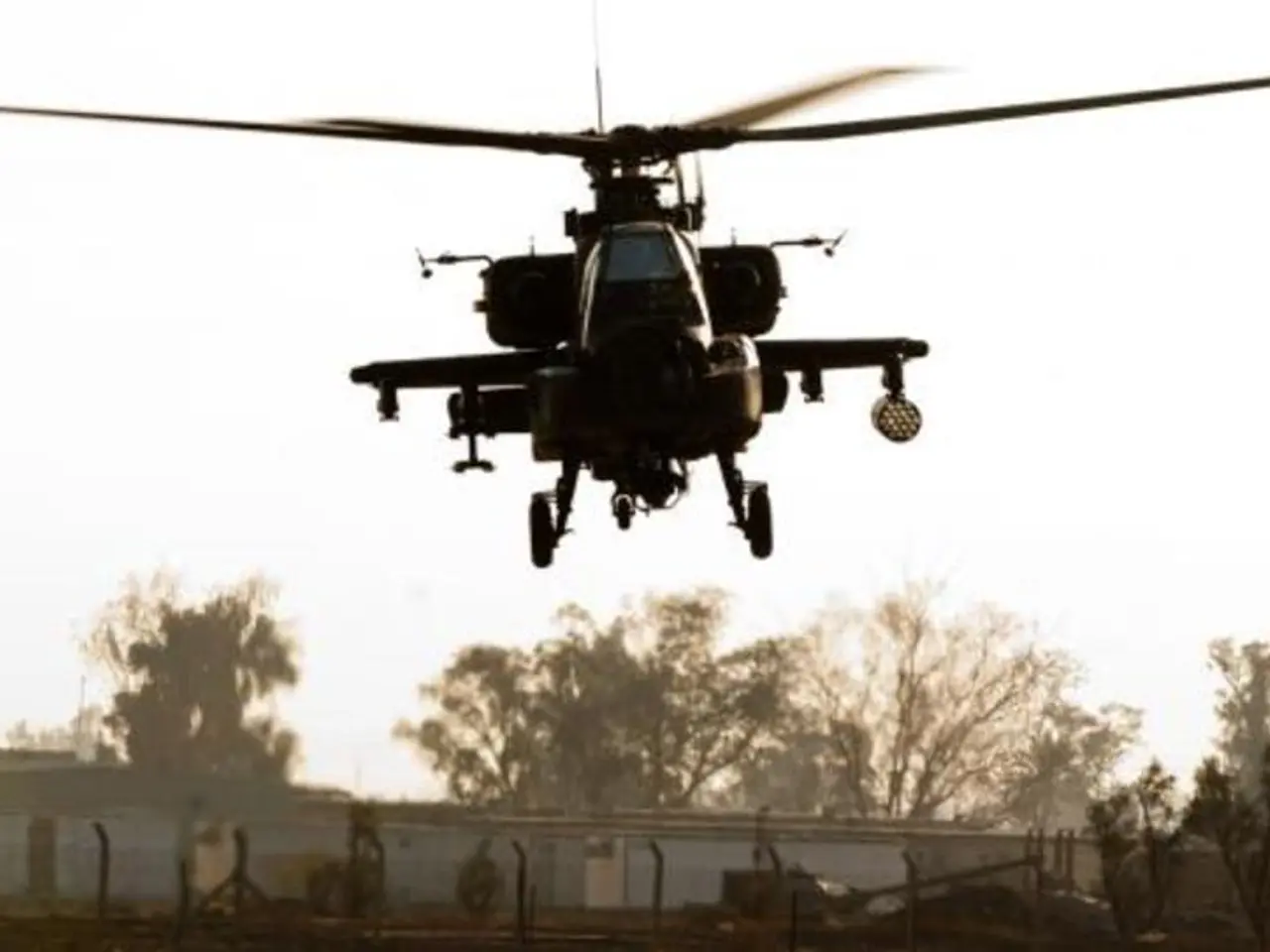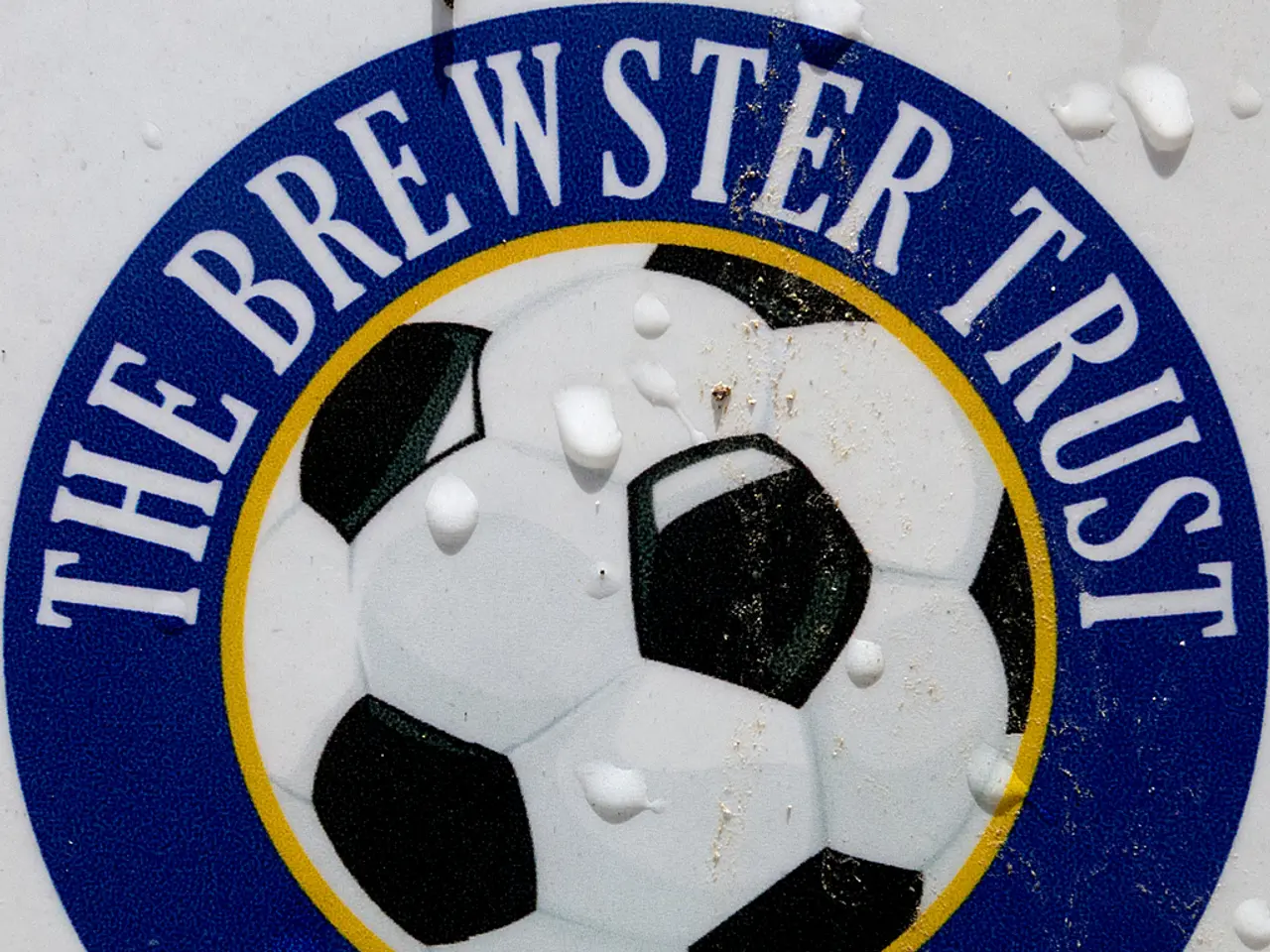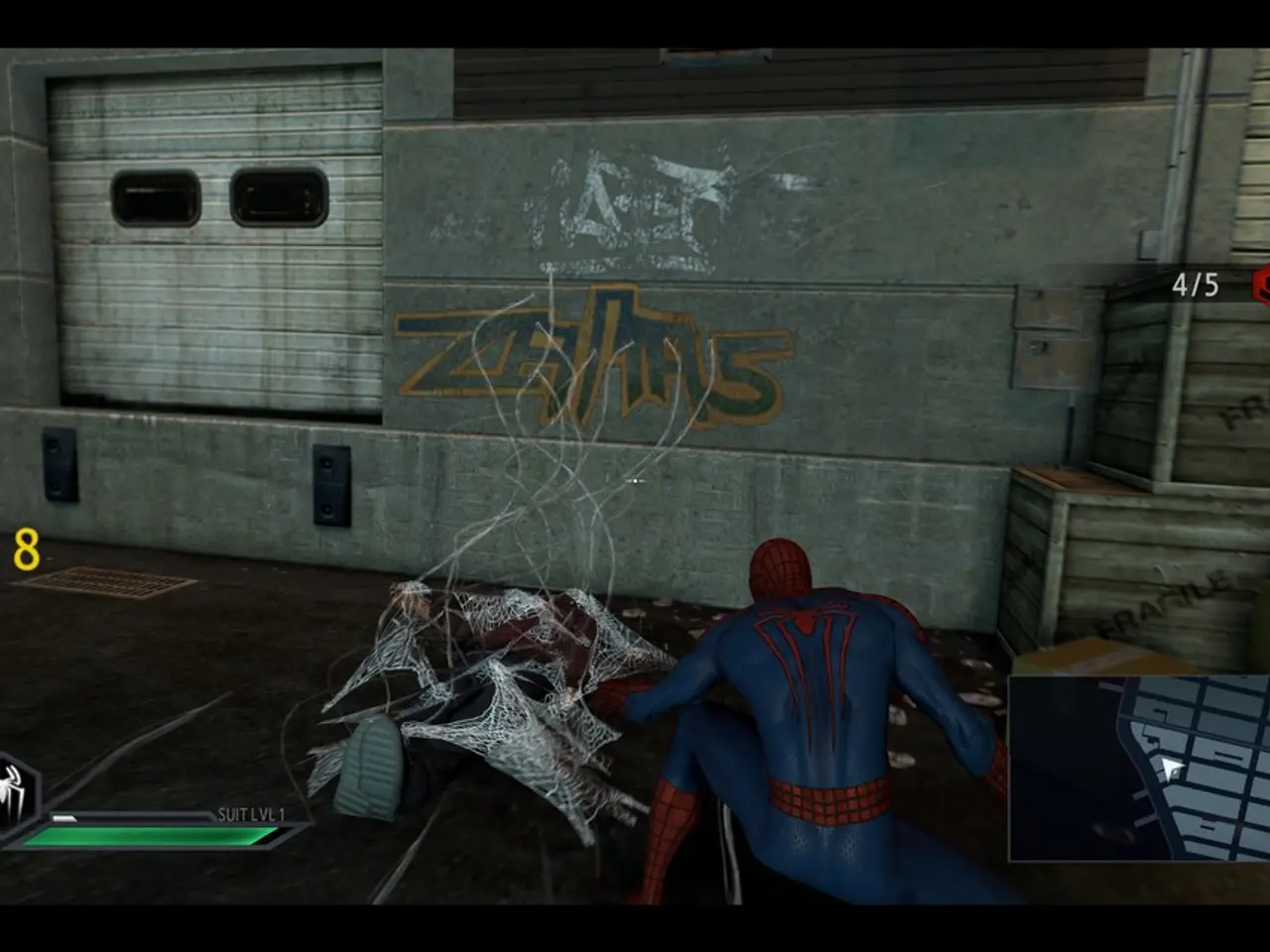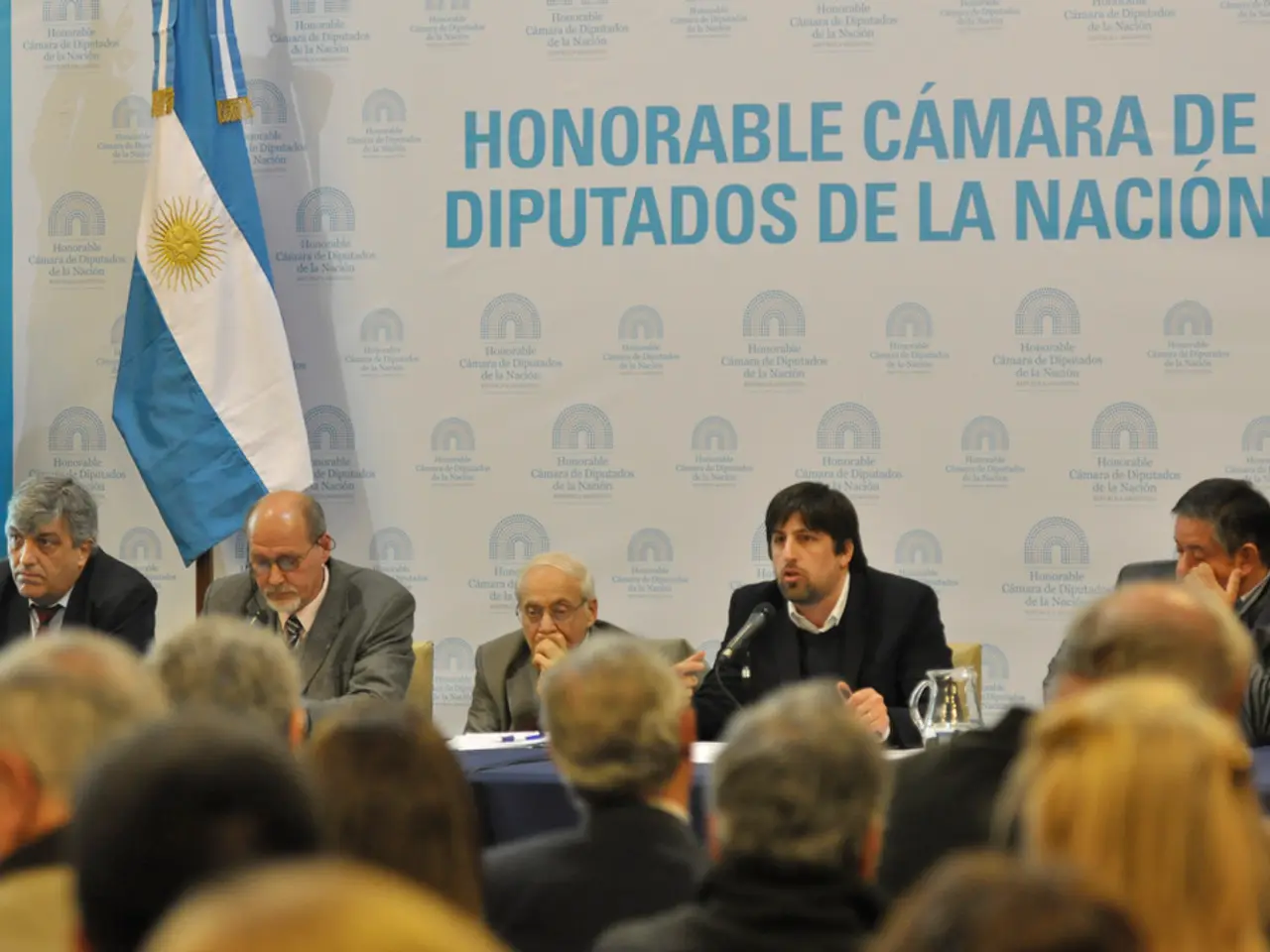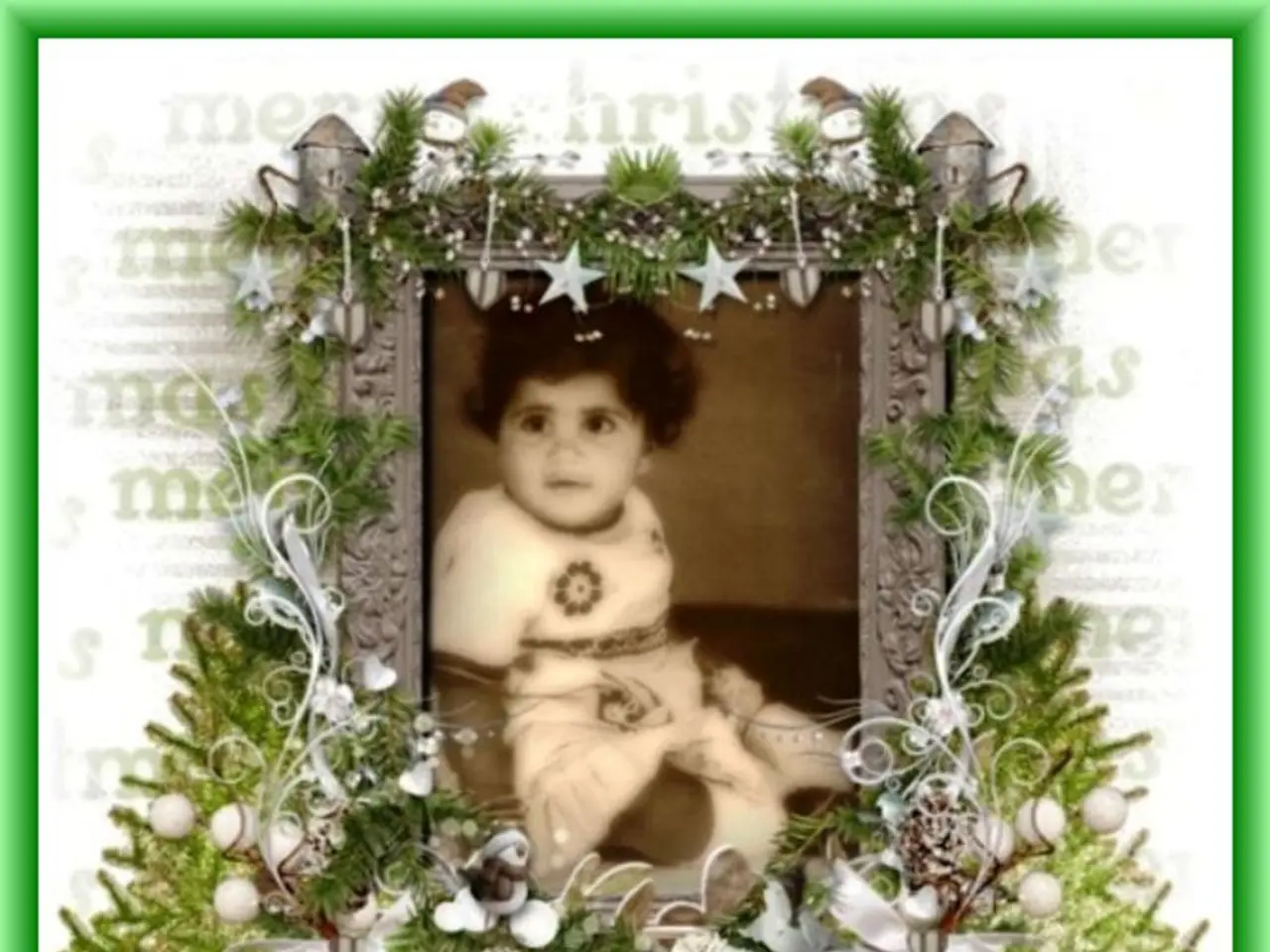Narva's Youth and Estonia's Contention: A Complex Matter of History and Identity
Frustration Arises Among Estonians Over Alleged Inappropriate Attendees at Ivangorod's Concert from Narva
In a candid admission, Hendrik Agur, the director of Kohtla-Jarve Gymnasium, felt a pang of sadness observing numerous young individuals at a recent concert. This concert, held in Ivangorod, has stirred a wave of discontent among Estonian authorities.
Agur perceives that the older generation, steeped in their own value system, no longer warrants his concern. However, he believes that the young can still be swayed, stating they're worth the effort to reason with.
The frustrations of Agur, a local official, are evident. He chafes at the resilience of the Narva youth to distance themselves from their historical roots and disregard their illustrious forebears.
deciphering Narva's Story
Probing further into the Narva region's narrative, one encounters a labyrinth of cultural, historical, and political intricacies.
On May 9, Russia venerates Victory Day, a commemoration of the Soviet Union's triumph over Nazi Germany in World War II. This day is instilled with national pride and is instrumental in justifying current military endeavors[4]. Ivangorod, a border town bordering Narva, Estonia, has in recent years hosted Victory Day concerts intended for Narva's predominantly ethnic Russian population. To many, this is seen as a form of propaganda[2][3].
Narva's Mayor, Katri Raik, has expressed no worries about this event, considering it a Russian domestic affair. She underscores the sanctity of choice and the liberty of Narva residents to attend either the Ivangorod concert or events within Narva[2].
delving deeper
The Narva region shares cultural and historical ties with both Estonia and Russia. This complex interlacing of roots occasionally casts a long shadow over events like the Victory Day concerts, troubling both local residents and Estonian authorities.
The celebrations of May 9 are fraught with controversy within Estonia, as they bring to light the discord between Russia's representation of its historical involvement and Estonia's unique experiences during the Soviet era[2]. Russia's ongoing emphasis on Victory Day events in Ivangorod seems to be part of broader efforts to preserve a strong narrative of Russian heroism and national pride[3][4].
- Hendrik Agur, the director of Kohtla-Jarve Gymnasium, regrets seeing young people attending concerts in Ivangorod, a town bordering Narva, Estonia, as such events have stirred discontent among Estonian authorities.
- Agur is particularly dismayed by the detachment of the Narva youth from their historical roots, despite their illustrious forebears and the complex cultural, historical, and political ties the region shares with Estonia.
- In light of this, Agur believes that the young generation can still be reasoned with and are worth the effort, despite the seeming resilience of the older generation.
- The ongoing Champions League football matches could potentially provide a platform for Estonian pride, as a means to engage the younger generation and counterbalance the influence of Russian propaganda events like the Victory Day concerts in Ivangorod.



